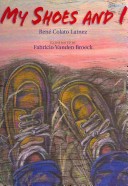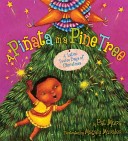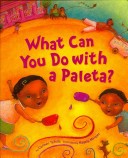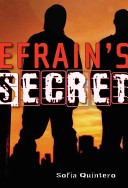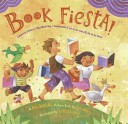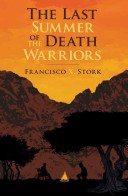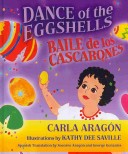
Apolonia “Lina”Flores is a sock enthusiast, a volleyball player, a science lover, and a girl who’s just looking for answers. Even though her house is crammed full of books (her dad’s a bibliophile), she’s having trouble figuring out some very big questions, like why her dad seems to care about books more than her, why her best friend’s divorced mom is obsessed with making cascarones (hollowed eggshells filled with colorful confetti), and, most of all, why her mom died last year. Like colors in cascarones, Lina’s life is a rainbow of people, interests, and unexpected changes.In her first novel for young readers, Diana López creates a clever and honest story about a young Latina girl navigating growing pains in her South Texan city.


